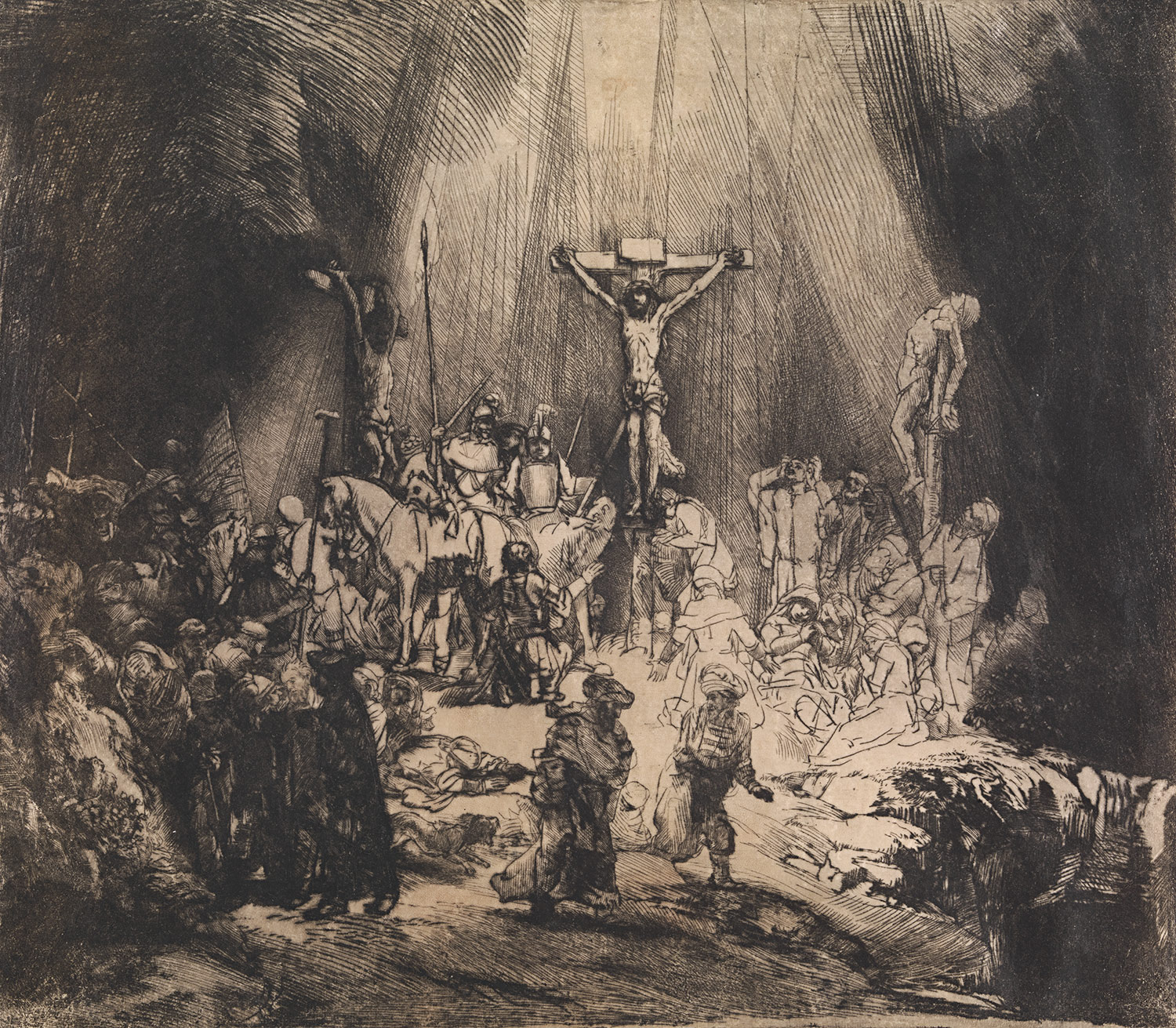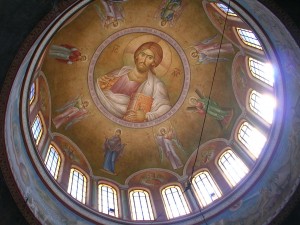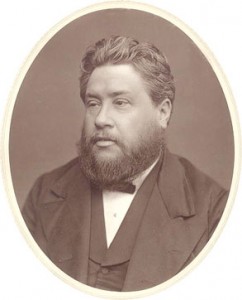
The Mystery of the Cross
Now from the sixth hour there was darkness over all the land until the ninth hour.
Matt. 27:45
The Bible explicates the Cross in terms of images. Images of salvation (not theories), are concrete pictures of the work of the Cross drawn from the everyday life of the first century. They are not usually abstract concepts, but cogent pictures of God’s redeeming love. These images are complementary to one another, each truth paints a piece in the mosaic of God’s saving grace.
As for the imagery, “propitiation,” describes a sacrificial offering that turns away the wrath of God against sin. “Redemption,” pictures a transaction in a market-place where we are bought back from slavery (to sin). “Justification,” pronounces our acquittal in the heavenly law court. “Reconciliation,” describes the end of hostilities in our relationship with God. “Adoption,” grants us the legal status of a son of God and an heir of the kingdom.
“Substitution,” grounds the rest of the images, for Christ took upon himself our punishment, guilt, and shame.  Jesus Christ must die in our place and suffer our just punishment; otherwise, propitiation, redemption, justification, reconciliation and adoption have no meaning. The Cross of Christ on one hand is inexplicable, therefore a deep and great mystery. On the other hand, scripture does give us images that we can grasp and hold dear knowing that our Savior has made the way for us to be right with God.
This darkness tells us all that the Passion is a great mystery into which we cannot pry. I try to explain it as substitution and I feel that where the language of Scripture is explicit, I may and must be explicit, too. But yet I feel that the idea of substitution does not cover the whole of the matter and that no human conception can completely grasp the whole of the dread mystery. It was worked in darkness because the full, far-reaching meaning and result cannot be beheld of finite mind.
Tell me the death of the Lord Jesus was a grand example of self-sacrifice—I can see that and much more. Tell me it was a wondrous obedience to the will of God—I can see that and much more. Tell me it was the bearing of what ought to have been borne by myriads of sinners of the human race, as the chastisement of their sin—I can see that and found my best hope upon it. But do not tell me that this is all that is in the Cross!
No, great as this would be, there is much more in our Redeemer’s death. . . . God veiled the Cross in darkness—and in darkness much of its deeper meaning lies—not because God would not reveal it, but because we have not capacity enough to discern it all!
Charles H. Spurgeon, “The Three Hours of Darkness,” No. 1896, A Sermon Delivered on Lord’s Day Morning, April 18, at the Metropolitan Tabernacle.






